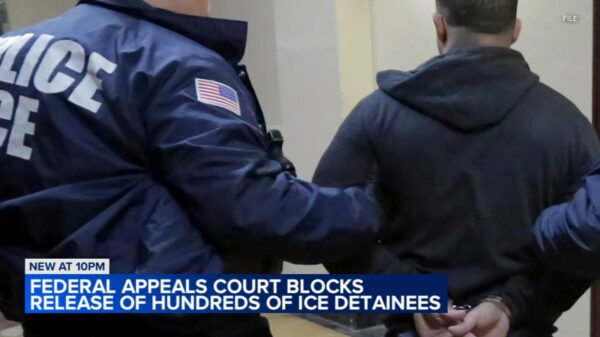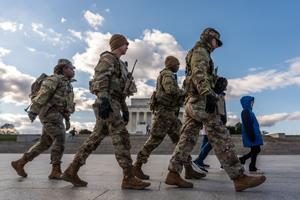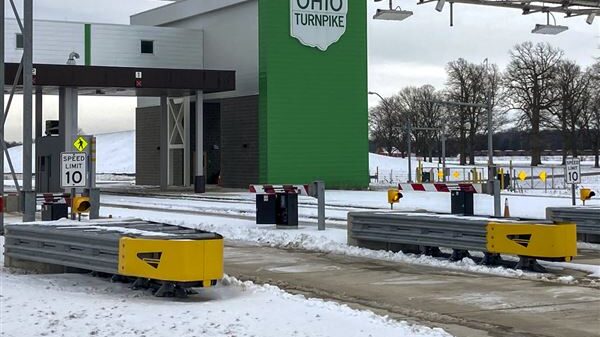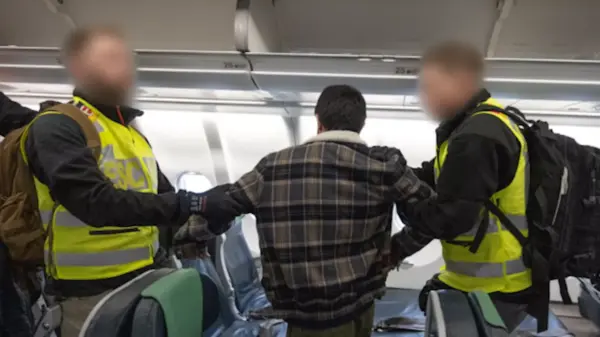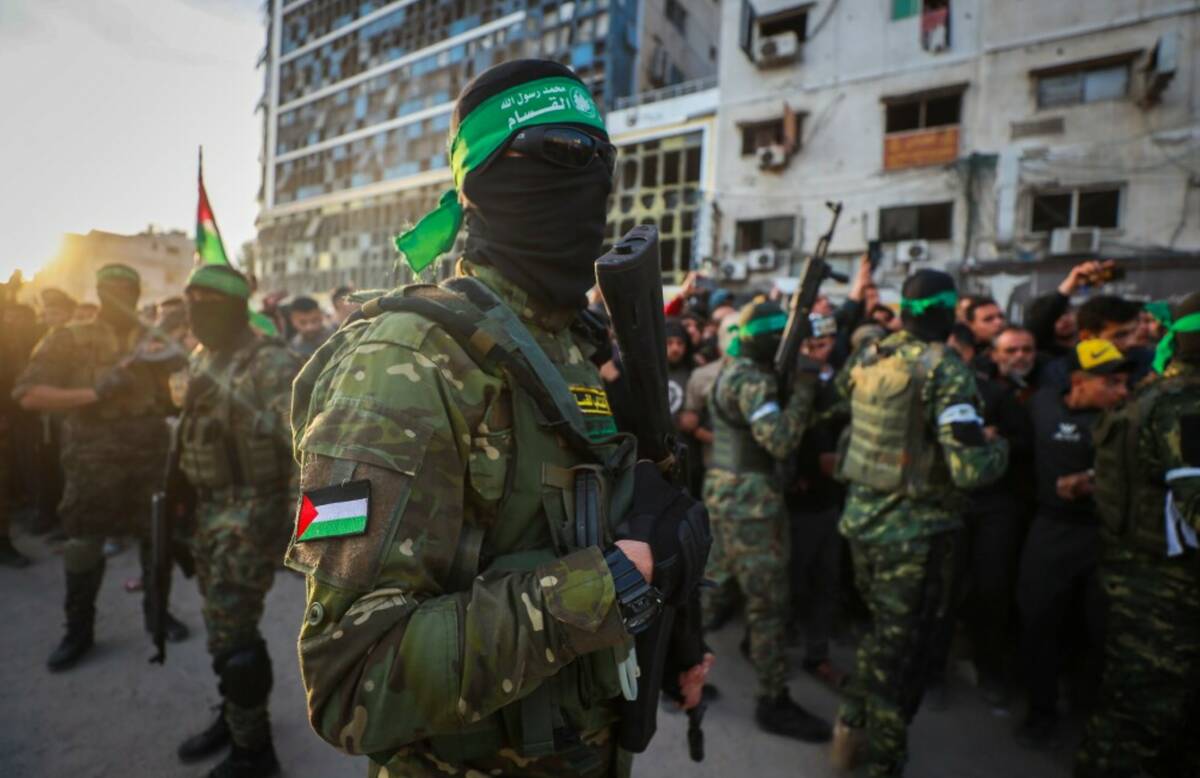Turkey has recently informed mediators that it has reestablished communication with two additional groups holding Israeli hostages in the Gaza Strip. This update follows a period of several days during which there was no contact with two of the four terrorist groups involved in the ongoing hostage situation. According to a source familiar with the negotiations, the groups are demanding various guarantees concerning their members’ safety and immunity from potential Israeli reprisals.
The four groups currently holding hostages in Gaza include one affiliated with the Palestinian Islamic Jihad terrorist organization. Each group has presented unique demands, reflecting their distinct interpretations of the conflict and what they perceive as the “achievements of the war” over the past two years.
According to another source, the individuals currently detaining hostages are reportedly less extreme than the previous Hamas leadership, much of which has been dismantled during the war. These groups appear to be more amenable to negotiations, as they do not wish to jeopardize their own safety or that of their families. Nevertheless, the negotiations remain complex and challenging. US President Donald Trump has described the talks as progressing, albeit slowly and with significant difficulties.
Negotiation Challenges and Mediating Efforts
A significant hurdle in recent days has been the lack of communication with two of the four groups. Turkish officials announced that they were able to reestablish contact within the past 24 hours, indicating a renewed effort to facilitate dialogue. Reports suggest that Turkey is making substantial efforts to ensure the success of these negotiations, possibly in an attempt to garner favor with Trump.
Despite these efforts, it remains unclear whether any meaningful progress toward an agreement has been achieved. Compounding the situation, there is growing disagreement among the mediating countries regarding the potential release of prominent Fatah leader Marwan Barghouti from Israeli custody. Some Arab nations are concerned that Barghouti’s release could provoke violent confrontations between his supporters in Ramallah and rival factions within the Palestinian Authority.
Turkey and Qatar are advocating for Barghouti’s freedom, arguing that he has become a significant symbol for the Palestinian cause. Barghouti, who led Fatah’s Tanzim militia during the Second Intifada (2000–2005), was convicted of multiple counts of murder and sentenced to five consecutive life terms plus an additional 40 years in prison in 2004. He has been recognized as a leader among imprisoned terrorists and has frequently engaged in hunger strikes to protest his conditions.
As these negotiations unfold, the dynamics within the region continue to shift, and the outcome remains uncertain. The interplay between Turkey’s diplomatic efforts, the demands of the hostage-holding groups, and the reactions of other Arab nations will be crucial in shaping the next steps in this complex situation.















